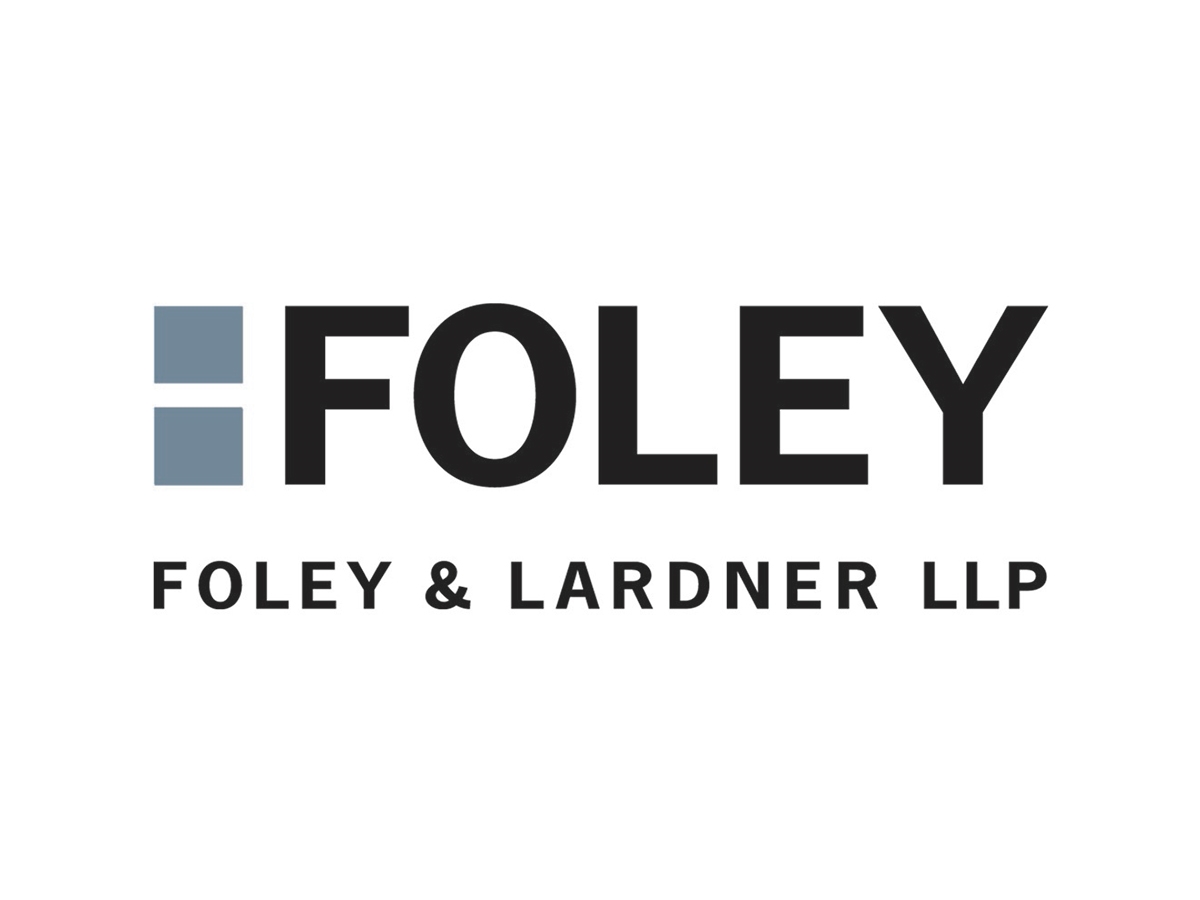A Review of Novo Nordisk’s Ozempic and Wegovy Trademark Enforcement Campaign
“Although Novo Nordisk holds trademarks for Ozempic and Wegovy, it is unclear whether advertising compounded semaglutide products, even including a reference to Ozempic and Wegovy in the ad, truly creates any consumer confusion—and it likely will remain unclear until there is a case that is fully litigated.”
Disclosure: Armin Ghiam has represented defendants against claims asserted by Novo Nordisk.
After filing 13 lawsuits in 2023 claiming trademark infringement, deceptive trade practices, and false advertising related to the pharmaceuticals Ozempic and Wegovy, Novo Nordisk—a 100-year-old pharmaceutical company with its origins in Denmark—is once again making headlines. Over the past few weeks, Novo Nordisk filed nine new lawsuits against small clinics, medical spas, and compounding pharmacies, alleging false advertising and trademark infringement. The company has also sent numerous cease and desist letters to similar businesses accusing them of trademark infringement and false advertising.
Weight Loss Success Leads to High Demand
Though the Food and Drug Administration (FDA) approved Ozempic to treat type II diabetes in 2017, its off-label side effect targeting the appetite hormone has made it popular for those trying to lose weight. In 2021, the FDA approved a higher dose of Ozempic’s base ingredient, semaglutide, under the name Wegovy, to treat obesity. Since then, influencers have taken to social media to document their weight loss journeys while using either Ozempic or Wegovy, causing a surge of demand for the drugs. They are so in demand that semaglutide ended up on the FDA’s drug shortage list. See Medications Containing Semaglutide Marketed for Type 2 Diabetes or Weight Loss; see also FDA Drug Shortages (semaglutide search; showing semaglutide injection is currently in shortage).
Novo Nordisk’s lawsuits filed in June and July 2023, specifically those targeting medical spas and clinics, are based on the Lanham Act. The complaints, filed across various states, are all worded similarly and generally declare that medical spas and clinics are violating the Lanham Act by advertising their compounded semaglutide drugs as a comparison to Ozempic or Wegovy. Novo Nordisk asserts that advertising compounded semaglutide with Ozempic and Wegovy causes “confusion” in patients and implies that Novo Nordisk sponsors those compounded drugs or supplies the base ingredient, semaglutide, to facilities that are making them. Novo Nordisk also states that it is the only pharmaceutical company with FDA approval for semaglutide. (However, this is misleading and does not mean Novo Nordisk is the only pharmaceutical company allowed to make or compound semaglutide products. See Ozempic Is Hard to Find. Some Pharmacies Are Offering Unauthorized Alternatives. Because the drugs are on the FDA shortage list, compounding pharmacies can legally make and sell them, as long as they meet certain requirements. See Medications Containing Semaglutide Marketed for Type 2 Diabetes or Weight Loss.) Further, Novo Nordisk alleges the medical spas and clinics infringe its trademarks by referring to Ozempic and Wegovy in their advertisements.
Courts Seek to Minimize Confusion
Something else these cases have in common? The parties are settling.
In most of the cases resolved to date, courts have entered a preliminary injunction on consent, ordering that defendants correct their advertising materials, so patients do not get the impression that the compounded semaglutide drugs are a product of, or sponsored by, Novo Nordisk. Courts are concerned with causing patient confusion and discuss the likelihood of confusing patients where advertisements for compounded semaglutide discuss medication success seen in Ozempic and Wegovy. The courts’ orders detail that the clinics and spas selling these compounded drugs cannot imply or express that their drugs’ effects are comparable to Ozempic or Wegovy. In cases where a preliminary injunction is approved, the case is usually resolved by a consent judgment and a permanent injunction of similar terms as the preliminary injunction. Although settlement agreements are not disclosed, it is fair to assume that the terms are consistent with the permanent injunction orders.
The lawsuits filed in May 2024 are similar to those filed in 2023. The complaints target clinics, medical spas, and compounding pharmacies in Colorado, Florida, Illinois, Montana, Tennessee, and Texas. The basic premise is the Lanham Act, with Novo Nordisk alleging trademark infringement and false advertising. In addition to filing cases in federal court, Novo Nordisk has been sending cease and desist letters to medical spas and clinics. The letters allege similar claims and seek to stop advertisements mentioning Novo Nordisk, Ozempic, and/or Wegovy.
While many of Novo Nordisk’s earlier-filed cases resulted in final judgment, the strength or validity of the Lanham Act claims has not actually been tested because almost all the orders have been on consent.
A Chance for Greater Clarity
One case taking a slightly different trajectory is Novo Nordisk A/S et al. v. Indian Lake Med. Weight Loss & Wellness Inc., No. 23cv650 (M.D. Tenn. filed Jun. 26, 2023). The complaint there has the same claims as the others, including two pictures attached by Novo Nordisk that depict defendant’s website advertising its compounded semaglutide while using an image of Wegovy and a social media post discussing Wegovy. But Novo Nordisk did not file for a preliminary injunction in that case and there is no indication of settlement on the docket. As of June 27, 2024, the case was headed for trial.
So, although Novo Nordisk holds trademarks for Ozempic and Wegovy, it is unclear whether advertising compounded semaglutide products, even including a reference to Ozempic and Wegovy in the ad, truly creates any consumer confusion—and it likely will remain unclear until there is a case that is fully litigated, like perhaps Indian Lake.
Further, compounded products are significantly cheaper than their prescription counterparts and the prescribing doctors are obligated to discuss them with their patients. Therefore, patients are likely informed when they make purchasing decisions and Novo Nordisk may not be able to present evidence of confusion through survey or other means. Moreover, even if Novo Nordisk were to prevail on liability, the social media posts and rudimentary websites for these small clinics and medical spas appear to receive few hits. It is thus unclear to what extent the alleged “false advertising” or “trademark infringement,” as opposed to, e.g., the cheaper price, generates the revenues. This obviously will minimize any recoveries by Novo Nordisk. What is driving most of the settlements and consent orders is the fact that the minimal exposure for these cases does not justify the time and expense of fighting Novo Nordisk.
Takeaway
It appears that Novo Nordisk’s main objective is to police the market and eliminate confusing statements about their products. Therefore, upon receipt of a demand from Novo Nordisk, if you decide to comply, you may as well remove the accused statements before even responding to Novo Nordisk. Additionally, it is also recommended that your counsel engage with their counsel right away to seek resolution of the matter quickly and amicably. In those discussions, Novo Nordisk will likely request financial information, such as revenues and acquisition costs, and the identity of the supplier of the compounded products. Based on this information, Novo Nordisk may decide to ask for a payment or request additional information. Ignoring Novo Nordisk’s demand is not advisable because it may result in unnecessary escalation of the matter.
Image Source: Deposit Photos
Author: marcbruxelle
Image ID: 689717520






